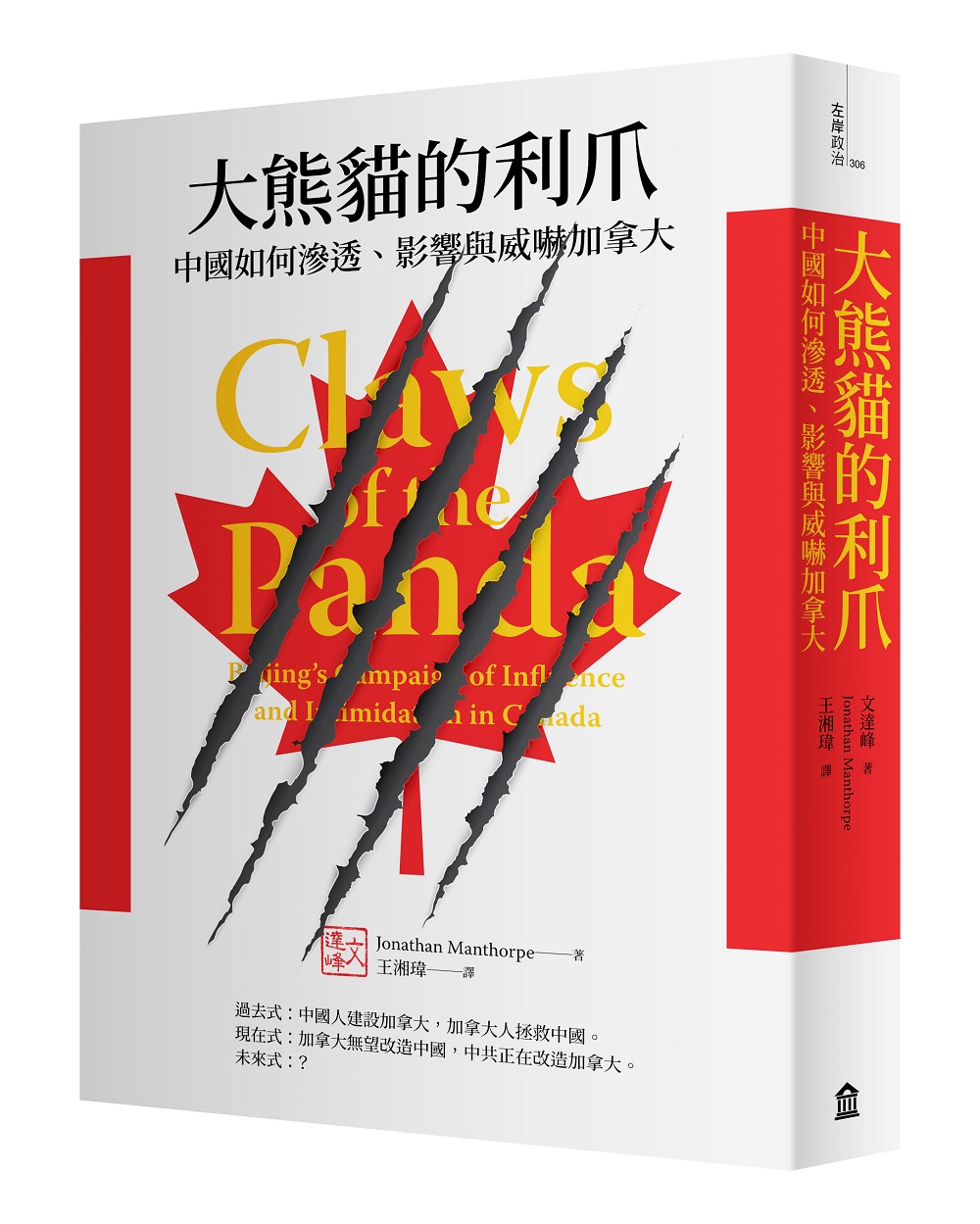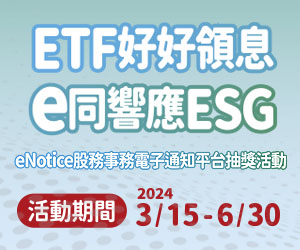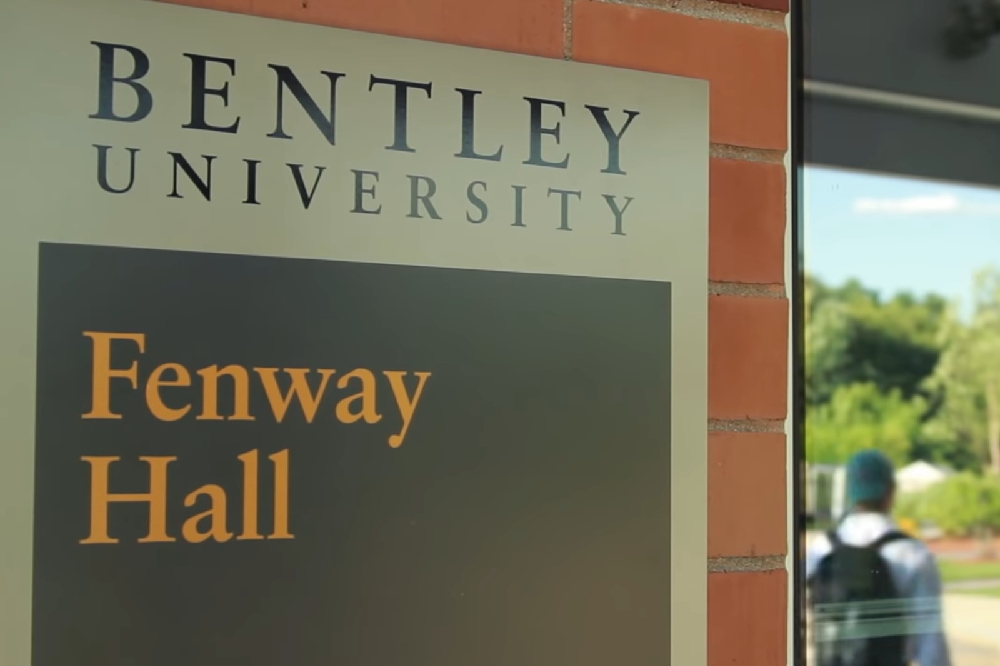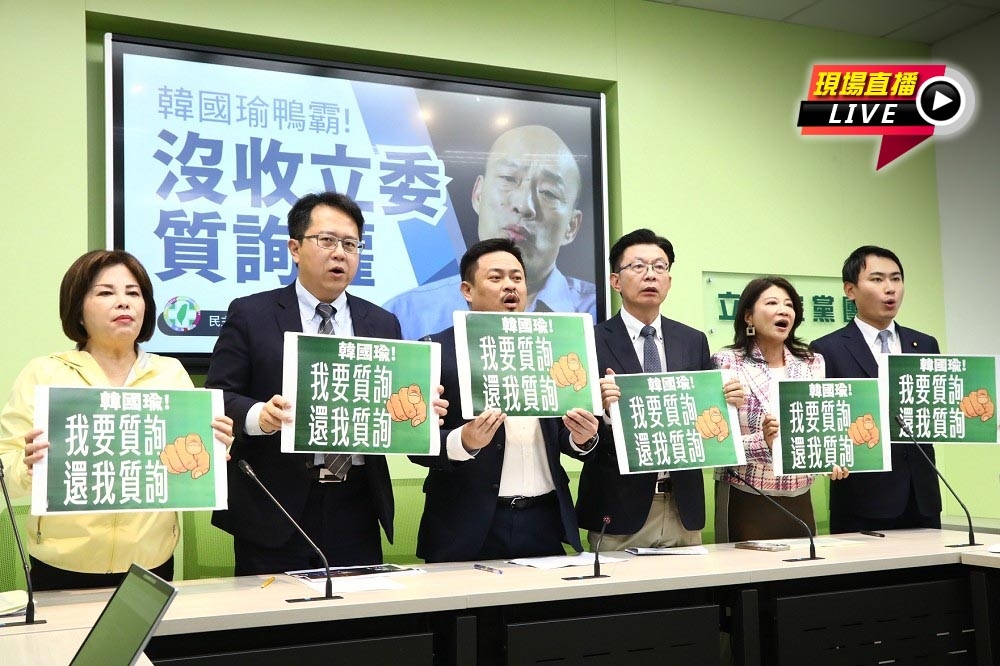上報 Up Media
toggle- 最新消息 對解放軍成立信息支援部隊三個觀察、一個疑點 2024-04-20 00:00
- 最新消息 是暫時休兵還是偃旗息鼓? 以色列伊朗軍事能力大解析 2024-04-19 22:00
- 最新消息 張忠謀獲頒中山勳章 肯定對高科技產業貢獻 2024-04-19 21:54
- 最新消息 「國家層次」衝突結束? 情報人士:伊朗無意回應以色列攻擊 2024-04-19 21:02
- 最新消息 【強化制海資通】透過AI接戰系統整合 讓以岸制海打擊戰力發揮極大化 2024-04-19 21:00
- 最新消息 【強化制海資通】美售台新型野戰資訊通信系統延宕2年 重招商由L3Harris得標 2024-04-19 21:00
- 最新消息 黃子佼持7部少女不雅片案 高檢署發回北檢續查 2024-04-19 20:44
- 最新消息 「國際金卡納大獎」凱道賽車甩尾對決 19到22日交管一次看 2024-04-19 20:33
- 最新消息 把握好天氣 下周二鋒面接力來襲雨連下6天 2024-04-19 20:16
- 最新消息 竹縣、台東各一議員 6月1日舉行補選 2024-04-19 20:00
中國向來把自己擴張國際勢力的行為視為理所當然。(湯森路透)
中國不把自己看成崛起的強權,而是回歸的強權……未來若中國強勢在經濟、文化、政治、軍事方面施加影響力,它不會認為此乃破格挑戰世界秩序——而是讓諸事回歸正常狀態。——季辛吉,《論中國》
《大熊貓的利爪》作者文達峰(Jonathan Manthorpe)在導論引用美國知名外交家與國際事務專家季辛吉(Henry Kissinger)的話,無非是想讓眾人了解,中國共產黨擴張國際勢力的作為並不會有停止的一天,讓全世界都歸他們發號施令恐怕就是共產黨的目標。
2018年,澳洲作者克萊夫.漢密爾頓(Clive Hamilton)出版《無聲的入侵:中國因素在澳洲》的計畫,便因出版社擔心遭到中國報復而取消。
中國帶來威脅已是無法掩蓋的事實,也有愈來愈多國家體悟到這點。文達峰透過這本書想告訴讀者,面對勢力崛起的新中國,必須採取不同方式,「少一些自我欺騙,多一些勇氣與智慧」。
作者文達峰透過電子郵件接受《上報》記者的專訪,探討加拿大改變友中態度背後的契機、西方國家華裔面臨的難題、國際關係平衡及香港國安法帶來的影響。

以下為《上報》訪題,以及作者回應的譯文、原文。
問:您是否認為有特殊事件導致加拿大對中國採取強硬立場?如果沒有,您會如何描述加拿大政府與公民意識到中國帶來威脅這個過程呢?
答:毫無疑問地,華為事件和中國共產黨處理新型冠狀病毒肺炎(COVID-19)的方式,對加拿大帶來嚴重影響。最新民調顯示,85%的加拿大人對中華人民共和國與中國共產黨抱持負面態度。會出現這結果是因為,加拿大執行國際逮捕令拘捕華為財務長孟晚舟,要將她引渡到美國後,中國共產黨逮捕兩位加拿大公民作為人質。另外,加拿大人深信北京試圖掩蓋武漢爆發的新冠肺炎,若是中國共產黨當初可以誠實以對,就不會有這麼多人無辜喪命。
There is no doubt that the Huawei Affair and the way the PRC dealt with the COVID-19 pandemic has had a strong impact in Canada. The latest polls show that 85 percent of Canadians have a negative view of the PRC and the CCP. That view has been caused by the CCP taking two Canadians hostage after Canada honoured an international arrest warrant to detain Huawei executive Meng Wan-zhou for extradition to the United States. Also, there is a strong belief among Canadians that Beijing tried to cover up the caronavirus outbreak in Wuhan and that many lives could have been saved if the CCP had been honest.
問:中國一直以來都使用歧視華人來攻擊西方國家,請問這些國家完全注意到這種陷阱的存在嗎?面對這樣的指控,他們可以如何回應?
答:多數國家都相當清楚這種陷阱。加拿大有150萬名公民是華裔族群,我們知道中華人民共和國並不等同中國,中國共產黨也不等於中國人民,但就跟其他有大量華裔人口的國家一樣,我們最大的問題是中共統戰部試圖威嚇這些華人,或是施壓他們,要求他們的第一效忠對象是中華人民共和國。
Most Canadians are well aware of this trap. We have 1.5 million Canadians who are of ethnic Chinese heritage. We know that the PRC is not China and that the CCP is not the Chinese people. But, like other countries with large groups of ethnic Chinese citizens, our big problem is attempts by the United Front Work Department to intimidate these people or to pressue them by insisting that their first loyalty should be to the PRC.

問:中國明顯企圖滲入外國公司和機構,其影響力卻過於龐大而難以無視。然而,世界主要國家似乎無法團結一心對抗中國。請問您如何看到國際關係中的權力平衡?中國最終會超越先進國家嗎?
答:我認為中國已經具備你所描述的力量,但我在各地觀察到的跡象顯示,對於中華人民共和國的欺凌和掌權,現在出現了廣泛的反制力量,特別是在民主國家,也包括像是接受一帶一路倡議(Belt and Road Initiative)的國家。在加拿大,政府針對香港新國安法祭出制裁和停止引渡協議,從這樣的負面態度就可以看出這點。此外,渥太華政府強調「跨太平洋夥伴全面進展協定」( Comprehensive and Progressive Trans-Pacific Partnership,CPTPP),視CPTPP為其與亞洲關係的核心,同樣體現了上述觀點。邀請台灣加入CPTPP也是一項強力行動。
I think China has had the power that you describe. But I see signs everywhere, especially among the democracies, but also, for example, among the countries that have taken Belt and Road Iniative contracts, that there is now widespread push-back against PRC bullying and assumption of power. In Canada it is evident in the government’s negative reaction to the new security law in Hong Kong, with the application of sanctions and ending the extradition agreement. It is also evident in the Ottawa government’s emphasis on the Comprehensive and Progressive Trans-Pacific Partnership as the core of its relationship with Asia. There is also a strong movement here to invite Taiwan to join the CPTPP.

問:中國對香港通過涉獵範圍廣泛的新國安法。台灣、加拿大、美國、歐盟和其他國家對此予以譴責,部分甚至採取行動,想要遏制中國持續成長的影響力。您認為這些措施發揮效果了嗎?或是未來會有所作用呢?為什麼?
答:從1997年(香港)回歸開始,中國共產黨就下定決心要確保,香港不會把可能挑戰一黨制國家的思想傳染到大陸內地。要達成這目標,確保該黨能夠壓制香港的改革運動家,是相當重要的一部分。所以,我不覺得中國共產黨會受到國際壓力,針對港版國安法限縮內容或是撤回法案,但我認為中國共產黨會謹慎使用這條法律。
雖然全世界還深陷新冠肺炎的泥淖,共產黨可能會圍捕、審判和監禁一些最引人注目的民主人士,特別是支持獨立的運動家。這主要是為了達到殺雞儆猴的作用。但在那之後,共產黨可能只會把法律放著作為威脅之用,時不時用該法提醒大家,政治行動主義(編按:即活躍於政治活動)很危險。中國共產黨也可能會試圖向國際商界人士保證,香港仍然是與中國做生意的良好門戶,但香港作為中華人民共和國的金融中心,其重要性已遠不及1997年當時。
From the handover in 1997 the CCP has been determined to insure that Hong Kong doesn’t infect the Mainland with ideas that might challenge the one-party state. Insuring that the party can silence reform activists in Hong Kong has been an essential part of that effort. So I don’t think international condemnation will force the CCP to distil or withdraw the Hong Kong security law. But I think the CCP will be careful how it applies the law. While the world is still pre-occupied with COVID-19 it will probably round up, try, and imprison a few of the most high-profile pro-democracy and especially the pro-independence activists. This will be on the principle of killing the chicken to scare the monkey. But after that the party will probably just keep the law there as a threat. Every now and then it may use the law to remind everyone that political activism is dangerous. The CCP may also make some efforts to reassure international business people that Hong Kong is still a good gateway for business with the PRC, but Hong Kong’s importance as a financial centre for the PRC is now much less than it was in 1997.

作者簡介
文達峰(Jonathan Manthorpe)
資歷超過四十年的加拿大新聞工作者,1970年代晚期擔任《多倫多星報》歐洲局局長,1980年代中期效力索瑟姆報業,奉派駐歐,1989年駐非洲,1993年駐香港,之後駐溫哥華,為「郵報傳媒」撰寫國際事務專欄。現為自由撰稿人,作品散見於iPolitics, Facts and Opinions, The Star, Asia Times等,著有《禁忌的國家:台灣大歷史》(望春風出版)。
譯者簡介
王湘瑋
台大心理系畢業,曾於加拿大求學。返國後任職出版社,現為特約編輯,譯有《精神病大流行》(合譯)。











